Members
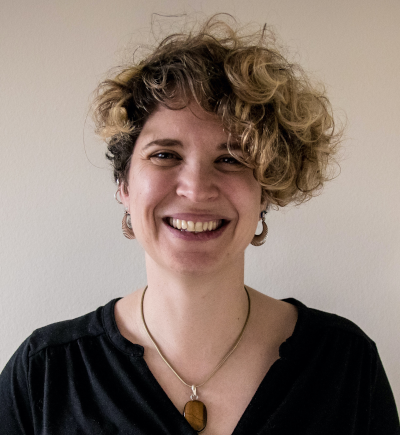
She is a Human Biologist with a PhD in Bioinformatics. She is interested in understanding how post-transcriptional regulatory mechanisms shape gene expression from an evolutionary and systems biology perspective. As an independent group leader, she wants to investigate the function of post-transcriptional regulation in gene expression and cell differentiation at the single-cell level and in particular its contribution to the development of neurodevelopmental and neurodegenerative diseases.

Dr. Ana Gutiérrez is the lab manager and provides support to all members of the group. She supervises experimental procedures, establishes new protocols and is responsible for management tasks. She has experience in cell culture, single-cell encapsulation, library preparation, and has a strong background in neuroscience and neurodegenerative diseases.
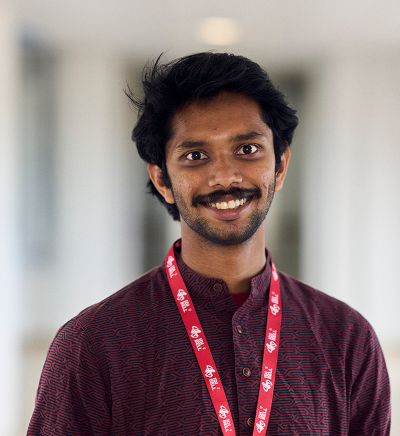
Akshay J Ganesh graduated from IISER Thiruvananthapuram with a BSMS in Biology and a Minor in Physics. His master’s dissertation on RNASeq data analysis of hematopoietic stem cell differentiation led to a focus on gene regulatory networks and diseases. Currently a PhD student at the Gene Regulation of Cell Identity Lab, he analyzes single-cell transcriptomics to understand gene regulatory cascades in neurogenesis and neurodegenerative diseases.
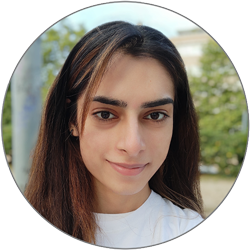
Nadia Jamshaid studied Biotechnology at the University of Management and Technology in Sialkot, Pakistan, and a master in biomedical research at Universitat Pompeu Fabra. Currently, she is working as an experimental technician. Her work is mainly focused on the optimization of protocols for studying cell-cell communication of neurons and glial cells at single-cell resolution in the context of Alzheimer’s Disease.
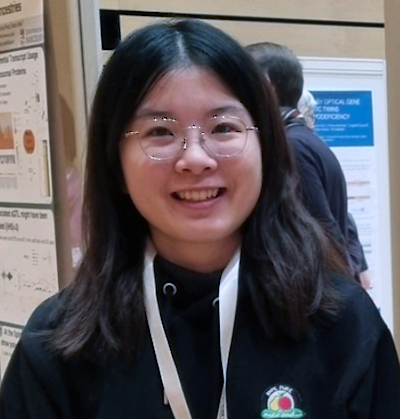
Hui Chen is a PhD student in Bioinformatics jointly supervised by Dr. Mireya Plass from the University of Barcelona (UB) and Dr. Lei Li from Shenzhen Bay Laboratory. Her research focuses on human genetic variation and its effects on cellular functions linked to human complex diseases. Hui's work centers on exploring molecular quantitative trait loci (QTLs), with a particular emphasis on the genetic regulation of post-transcriptional processes, such as alternative polyadenylation, aiming at providing mechanistic insights that complement findings from genome-wide association studies.
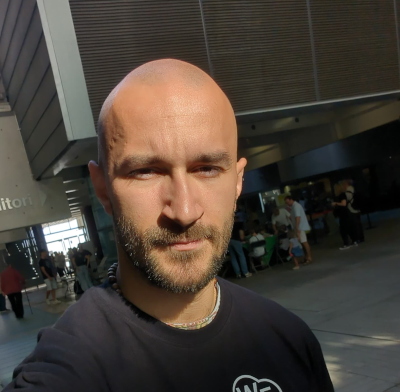
I am a postdoctoral researcher interested in unusual forms of splicing including alternative polyadenylation. In particular, I am passionate about tissue specificity of such events and how those relate to human diseases. I find inspiration for my work while traveling the world, turning new environments into idea incubators. Outside the lab, I enjoy the challenge of rock climbing, the balance of yoga, and the creativity of cooking.
Past Members
Sandra María Fernández-Moya (Postdoctoral Researcher) – Now Team Leader at UIC Barcelona
Rafael Tur Guash (Research Assistant & Master Student) – Now PhD student at the German Center for Neurodegenerative Diseases (DZNE) in Dresden
Mohamed N. Hassan (Graduate student) – Now PhD student at Aarhus University
Katharina Schlick (Erasmus Master Student) – Now Technician at Medical University of Vienna
Nicole Grieger (Erasmus+ visiting technician) – Now Technician at MDC Berlin
Husain Managori (Graduate student)
– Now PhD student at IGBMC in Strasbourg